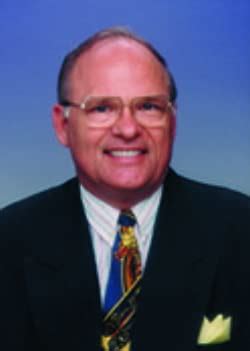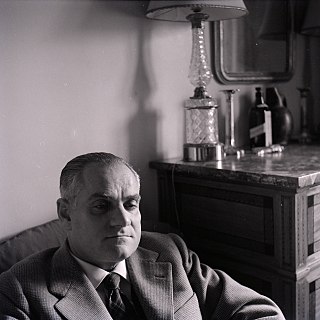A Quote by Francis Quarles
A despairing heart is the true prophet of approaching evil; his actions may weave the webs of Fortune, but not break them.
Related Quotes
I assert once again as a truth to which history as a whole bears witness that men may second their fortune, but cannot oppose it; that they may weave its warp, but cannot break it. Yet they should never give up, because there is always hope, though they know not the end and more towards it along roads which cross one another and as yet are unexplored; and since there is hope, they should not despair, no matter what fortune brings or in what travail they find themselves.
Some people have the coldest smiles, but have the tenderest hearts. And many have the most tender smiles, but carry the coldest hearts. You cannot judge a man by his smile, but you CAN judge a man by his heart. The smallest actions reveal the most about a hearts true color, so pay attention to them. Actions are the true words of the heart.
If a man really sets his heart upon the will of God, God will enlighten a little child to tell that man what is His will. But if a man does not truly desire the will of God, even if he goes in search of a prophet, God will put into the heart of the prophet a reply like the deception in his own heart.
The accursed one does not allow the eye of the heart to see the Lord or His saints. He darkens our heart in every way. He scatters faith, oppressing, burning and darkening us inwardly. We must look upon all such actions as illusions and falsehood, and break through this imaginary wall to the Lord, or to His Holy Mother, or His saints. As soon as you break through this wall you will be immediately saved. 'Your faith has made you whole' (Mt. 9:22).
When a warrior fights not for himself, but for his brothers, when his most passionately sought goal is neither glory nor his own life's preservation, but to spend his substance for them, his comrades, not to abandon them, not to prove unworthy of them, then his heart truly has achieved contempt for death, and with that he transcends himself and his actions touch the sublime. That is why the true warrior cannot speak of battle save to his brothers who have been there with him. The truth is too holy, too sacred, for words." -Suicide (Gates of Fire)
It is a proverbial expression that every man is the maker of his own fortune, and we usually regard it as implying that every man by his folly or wisdom prepares good or evil for himself. But we may view it in another light, namely, that we may so accommodate ourselves to the dispositions of Providence as to be happy in our lot, whatever may be its privations.
If only it were all so simple! If only there were evil people somewhere insidiously committing evil deeds, and it were necessary only to separate them from the rest of us and destroy them. But the line dividing good and evil cuts through the heart of every human being. And who is willing to destroy a piece of his own heart?
Strange is the vigour in a brave man's soul. The strength of his spirit and his irresistible power, the greatness of his heart and the height of his condition, his mighty confidence and contempt of danger, his true security and repose in himself, his liberty to dare and do what he pleaseth, his alacrity in the midst of fears, his invincible temper, are advantages which make him master of fortune.
Man doeth this and doeth that from the good or evil of his heart; but he knows not to what end his sense doth prompt him; for when he strikes he is blind to where the blow shall fall, nor can he count the airy threads that weave the web of circumstance. Good and evil, love and hate, night and day, sweet and bitter, man and woman, heaven above and the earth beneath--all those things are needful, one to the other, and who knows the end of each?
To then say that our own actions in combating evil have led to evil, is nothing more than saying, "Islamic terrorists are somewhat justified, at least we can understand why they hate us because we've done things to make them hate us. ... We have been evil ourselves, and we are evil and that justifies them being evil."







































